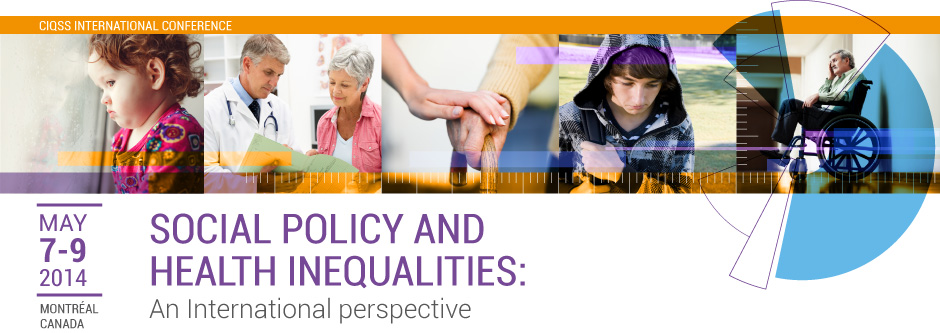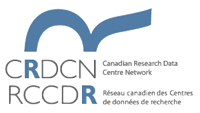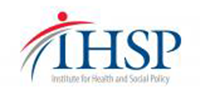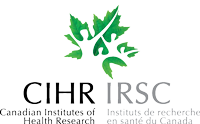In contrast with inequalities in health that stem from biological differences brought about by age or genetics, social inequalities in health are mutable and avoidable, as they are affected by public policies. In recognition of the importance of these social influences on population health and inequalities, the World Health Organization adopted in 2012 the resolution WHA62.14 endorsing the Rio Political Declaration on Social Determinants of Health (SDH).
Through this resolution, member states recognize the existence of social determinants of health and pledge to implement actions outlined in the Rio declaration, among which to “monitor progress and increase accountability to inform policies on SDH”. The success of this monitoring depends notably on the availability and quality of population data and its careful analysis through designs or methods allowing for causal inference.
The primary objective of the 2014 QICSS International Conference Social policy and health inequalities: An international perspective is to showcase the leading edge of international research on the impact of social policies and programs on health inequalities.
The conference aims to encourage international exchanges in order to demonstrate the range of research practices and outputs, as well as to stimulate debate between the key stakeholders in this research process: organizations that produce statistics, researchers and users from both policy departments and civil society.
Organizers

Public Health Agency of Canada
Location
Complexe des sciences Pierre-Dansereau UQÀM)
200, Sherbrooke Street West
Montreal, QC, Canada
Partners
For Information
Amélie Quesnel-Vallée
Scientific Director
amelie.quesnelvallee@mcgill.ca
Geneviève Brunet-Gauthier
Coordinator
genevieve.brunet-gauthier@mcgill.ca
Jean Poirier
QICSS Assistant Director
jean.poirier@umontreal.ca







